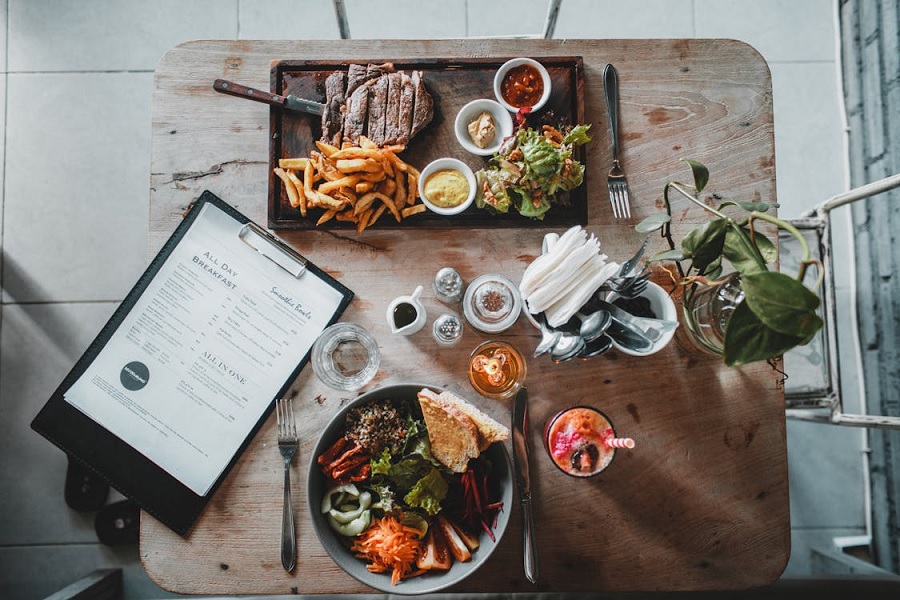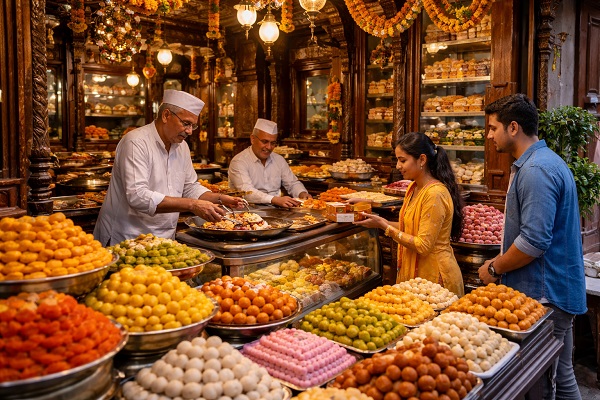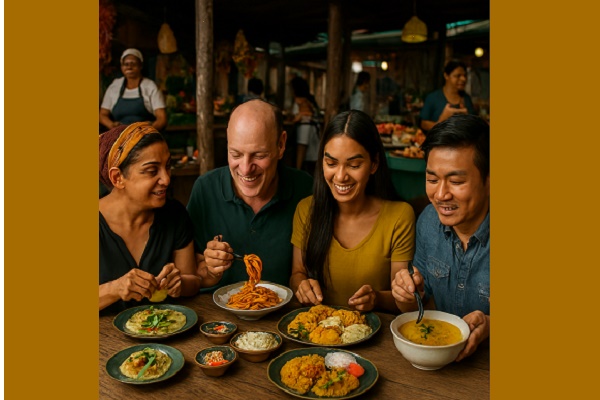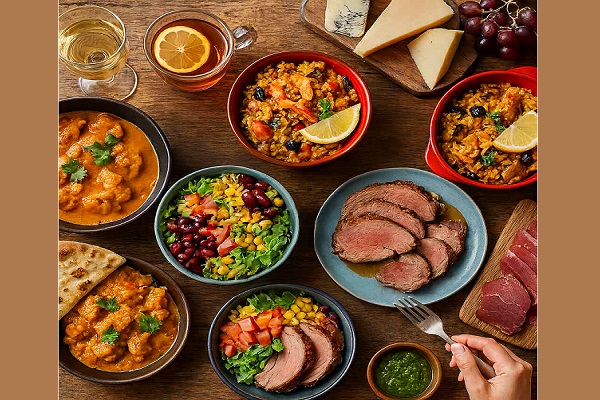Food and Beverage Tourism: A Culinary Adventure Across the Globe

Food and beverage tourism has become one of the most exciting ways for travelers to explore the world, offering unique experiences where culture, history, and culinary delights intersect. From street food tours to fine dining experiences, this type of tourism highlights the flavors, traditions, and local ingredients that make each destination special.
What is Food and Beverage Tourism?
Food and beverage tourism refers to traveling with the main purpose of enjoying local cuisines, drinks, and culinary experiences. This can include:
Food-focused tours: Exploring specific food regions or culinary routes, like Italy's wine regions or the street food of Thailand.
Culinary festivals and events: Participating in local food events such as wine tasting in Napa Valley or cheese festivals in France.
Local cooking classes: Learning to make regional dishes from local chefs or home cooks.
Visiting food markets: Immersing in the vibrant local food markets to sample authentic ingredients and dishes.
Why Is Food and Beverage Tourism So Popular?
Cultural Immersion: Food is a direct reflection of a region’s culture, history, and traditions. Through culinary experiences, travelers can gain a deeper understanding of the place they are visiting.
Authentic Experiences: Tourists are looking for authentic, off-the-beaten-path experiences, and food offers one of the most genuine ways to engage with a local culture. Whether it’s having a meal at a family-run restaurant or participating in a traditional cooking class, food allows travelers to connect with locals in meaningful ways.
Instagrammable Moments: The visual appeal of food has made it a huge part of social media. Food tours and experiences often lead to picturesque moments that travelers love to share with their followers.
Taste Testing Global Flavors: Global food tourism allows people to taste the authentic versions of dishes they might only have encountered in their hometowns or through TV cooking shows, creating an exciting culinary adventure.
Popular Destinations for Food and Beverage Tourism
Italy: Known for its rich food culture, Italy offers incredible food experiences, from the pizza of Naples to the pasta of Bologna, and wine-tasting tours in Tuscany.
Thailand: Street food in Thailand is an essential part of the travel experience. Tourists can sample spicy curries, noodle soups, and sweet treats from bustling food stalls, particularly in Bangkok or Chiang Mai.
Japan: Sushi, ramen, and tempura are just the start. Japan offers food lovers the chance to delve into regional specialties like Hida beef in Gifu or seafood in Osaka's famous markets.
France: French cuisine is synonymous with elegance and refinement. The wine regions like Bordeaux and Burgundy offer wine lovers the chance to taste some of the best wines while savoring gourmet meals.
Mexico: Mexican cuisine is vibrant, full of bold flavors and spices. Visitors can explore its food culture by trying street tacos, tamales, mole, and more in places like Oaxaca or Mexico City.
How Does Food and Beverage Tourism Benefit Local Communities?
Economic Growth: By attracting food enthusiasts to local restaurants, markets, and festivals, food tourism can boost the local economy. This, in turn, helps local farmers, chefs, and artisans thrive.
Cultural Preservation: As food becomes a critical part of tourism, local culinary traditions and recipes are preserved and shared with the world. For example, UNESCO has recognized Mexican cuisine and French gastronomy as cultural heritage.
Sustainability: Food tourism can promote sustainable eating habits by emphasizing local, organic, and seasonal produce. Travelers are encouraged to support sustainable farming and eco-friendly practices when it comes to food sourcing.
Conclusion
Food and beverage tourism is a feast for the senses, offering an opportunity to experience the world through the lens of flavor. Whether you are a casual foodie or a culinary connoisseur, food tourism is about more than just eating – it’s about connecting with the history, culture, and people of a place. As global travel continues to embrace food-focused adventures, this growing trend shows no signs of slowing down.
























